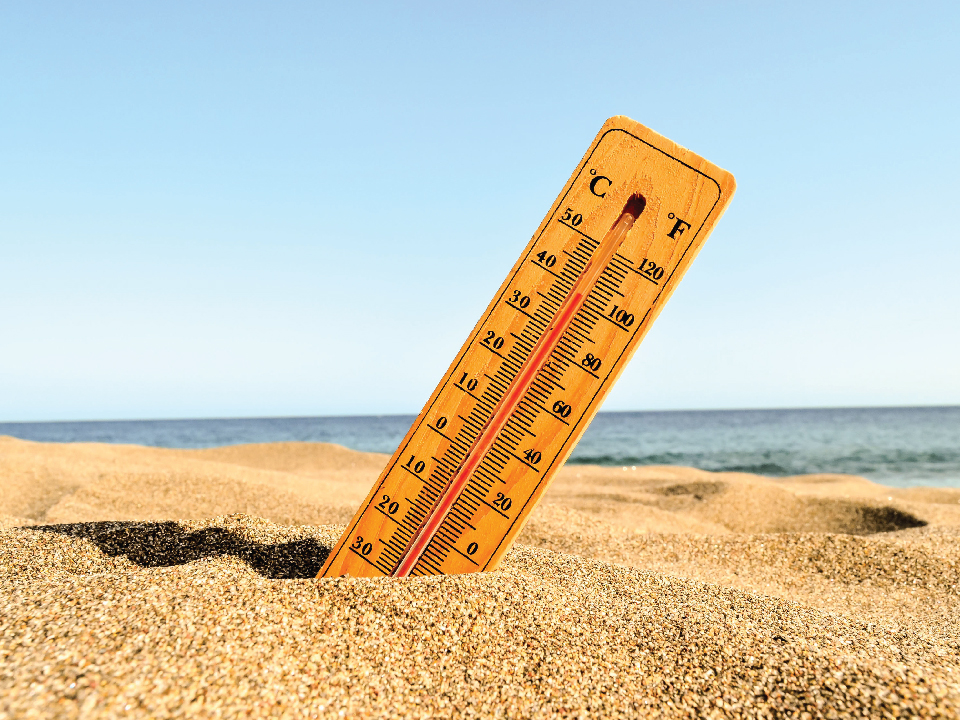
Can Weather Affect Your Diabetes?
August 16, 2021
How Parents And Other Adults Can Support Children With Diabetes
August 16, 2021Until very recently almost all diabetes patients depended on doctors who specialize in endocrinology, called endocrinologists. These specialists have expertise in hormonal disorders and the functioning of glands that produce or regulate hormonal levels. As diabetes is an endocrinological disorder, affecting the pancreas and insulin production or sensitivity, treatment of the condition falls within the expertise of endocrinologists. However, because of the rising incidence of diabetes worldwide, a new speciality has also emerged to specifically treat diabetes. These diabetes doctors are referred to as diabetologists and unlike endocrinologists who treat all hormonal disorders and related conditions, diabetologists exclusively treat diabetes patients.
If you have recently been diagnosed with diabetes, are having trouble managing your diabetes, or are at high risk of developing diabetes, your general physician may advice you to consult a diabetologist. You can also reach out to a diabetologist directly if you feel the need to do so. Before visiting a diabetologist, here’s what you should know.
What To Expect From Your Visit To A Diabetologist?
A diabetes doctor or diabetologist will be most interested in understanding your medical history or experience of diabetes. This would include details about:
The symptoms you experience
Duration of illness
Treatments in use
Effectiveness of ongoing treatment
Presence of complications or comorbidities
Family history of the disease
Current lifestyle, diet, etc

Typically, your first visit to a diabetes doctor will begin with a standard health check, including measurement of height, weight, vital signs, blood pressure, and heart rate. Your blood sugar levels will also be tested.
A diabetologist may also perform a dental check to rule out any mouth infections and will also inspect your hands and feet to make sure that there are no skin infections or ulcers.
If you are already undergoing diabetes treatment and monitor blood sugar levels, make sure to carry a detailed record of your blood sugar reading with you. A large part of the focus will be to detect and prevent the onset of any diabetes complications including cardiovascular disease, neuropathy, retinopathy, and kidney disease.
How To Prepare For Your Visit To A Diabetes Doctor
The first thing you need to do before your visit to a diabetes doctor is to get all of your medical records together, making sure that you have your most recent test results and medical records. Inform your diabetologist about all of the other doctors or specialists that you have consulted or are being treated by, whether specifically for diabetes or other (possibly related) conditions, such as eye disease, kidney problems, and so on.
To make it easier to get the most out of your visit, you should do the following:
Call before your scheduled appointment to find out if there is anything specific that you need to do in preparation, such as fasting for a blood test.
Find out if there are any specific medical records or tests that you need to present at your visit.
Write down all of your symptoms, medications, blood sugar readings, lifestyle habits, diet, and other details even if they may seem unrelated to diabetes.
Consider having a family member accompany you for support as well as to ask questions or take down notes that you might miss.
Write down all of your concerns, questions, and worries, no matter how trivial they may seem.
Most importantly, relax and take it easy. Your visit to a diabetes doctor is not an examination and you shouldn’t be feeling like you’re under a lot of pressure. No matter what you may or may not do, your diabetologist has dealt with plenty of patients before and will help you get through this.




